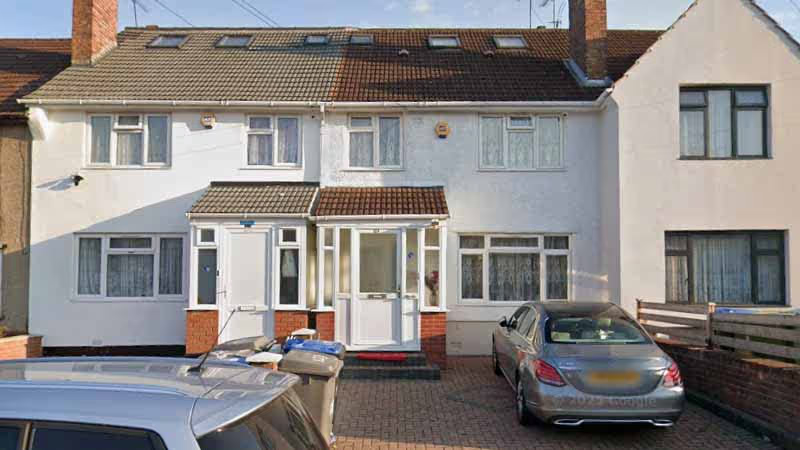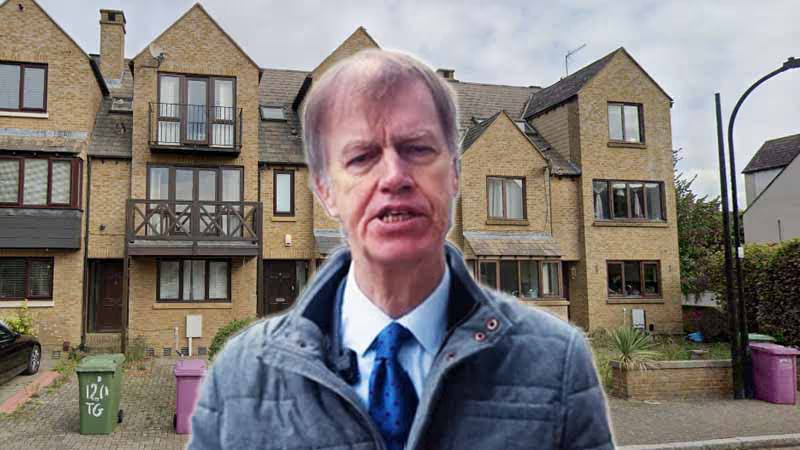One aspect of HM Treasury’s recent ‘leaked’ plans to charge National Insurance on rental income is that the reports justified the tax rise by describing landlord revenue as ‘unearned’.
Reading The Times report, which makes the point on several occasions that landlords don’t ‘work’ for the rents they receive, it's clear that this is part of Labour’s internal culture of demonising private landlords - largely because they don’t ‘sweat’ for their pay behind a till or factory lathe.
This plays well with younger Labour activists and the Corbyn wing of the party who demographically are more likely to rent and resent, understandably, paying a third of their pay-packet to someone else for their accommodation.
But it is worth exploring further why the idea of ‘unearned income’ plays out well among some voters, and where it comes from.
The phrase was coined by a US political economist Henry George during the late 1800s within his globally popular book Progress and Poverty. He sought solutions to the then already knotty problem of huge industrial and technological progress in the US and Europe, but a worsening imbalance between the ‘haves’ and the ‘have nots’.
Many landlords today may resent plans to tax them further but this desire to level the playing field economically by taxing land and property goes back directly to George.
Property owners
In the book he makes the point that a significant portion of the wealth created by ‘social and technological advances’ within a capitalist society like ours is held by land, property and other asset holders and that this concentration of ‘unearned wealth’ is the main cause of poverty.
Whether you agree with George or not, his ideas still have huge currency within the UK Labour movement and explains why, some 150 years since his book was published, plans to tax landlords harder are framed as a good thing by Ministers.
Labour’s decision to target ‘unearned income’ should not be a surprise, therefore. And not necessarily because Keir Starmer probably has Progress and Poverty on his bookshelf.
A few months after coming to power last year, the PM said he would stick to his promise not to tax ‘working people’ and that landlords, who had income from property, fell outside of this definition.
Clarification
During the very messy attempt by No.10 to ‘clarify’ what he meant, it became clear that Labour would not tax those who rely on a regular pay check while it would tax those who rely on rental income from property.
As The Guardian's columnist Peter Walker pointed out at the time, it’s hard to see the difference between a retiree who relies largely on their tenant’s monthly income, and someone who relies on their employer for a regular income. And as the NRLA also pointed out at the time, 30% of landlords also have full-time jobs and 10% work part-time.
The problem for landlords is that over 90% of them are what you might call ‘small’ – i.e. renting out one or perhaps two properties – and therefore can in theory be described as receiving unearned income, but these 2.5 million people can hardly be the capitalist land owners that George had in mind? One would be a cousin of mine by marriage, who toiled as a hairdresser for 40 years but put together a small property portfolio on the side for his retirement.
I would also take issue with the ‘unearned’ in the practical sense – although being a landlord of one or two properties is not a full-time job, it does require you to be ‘on duty’ all the times in case a pipe bursts, a washing machine packs up or, as has happened to me, a tenant calls up late at night to say they’ve lost their keys and can’t get into the property.
As leading letting agent David Alexander put it yesterday in The Scotsman: "The assumption that this is ‘unearned income’ is also questionable. Most landlords have to work hard to maintain their properties, attract and retain tenants, and complete the administrative work that is involved in providing a home in the private rented sector. With little or no work involved in having investments why should landlords be unfairly singled out for additional taxation?".
Rather than playing a game of divide and rule by portraying landlords as leeches on honest ‘working people’ as Labour often tries to do, it would be more useful to have a national debate about how we all pay for our roads, schools and hospitals without splitting hairs over how we earn our income.















.avif)
.avif)





















Comments